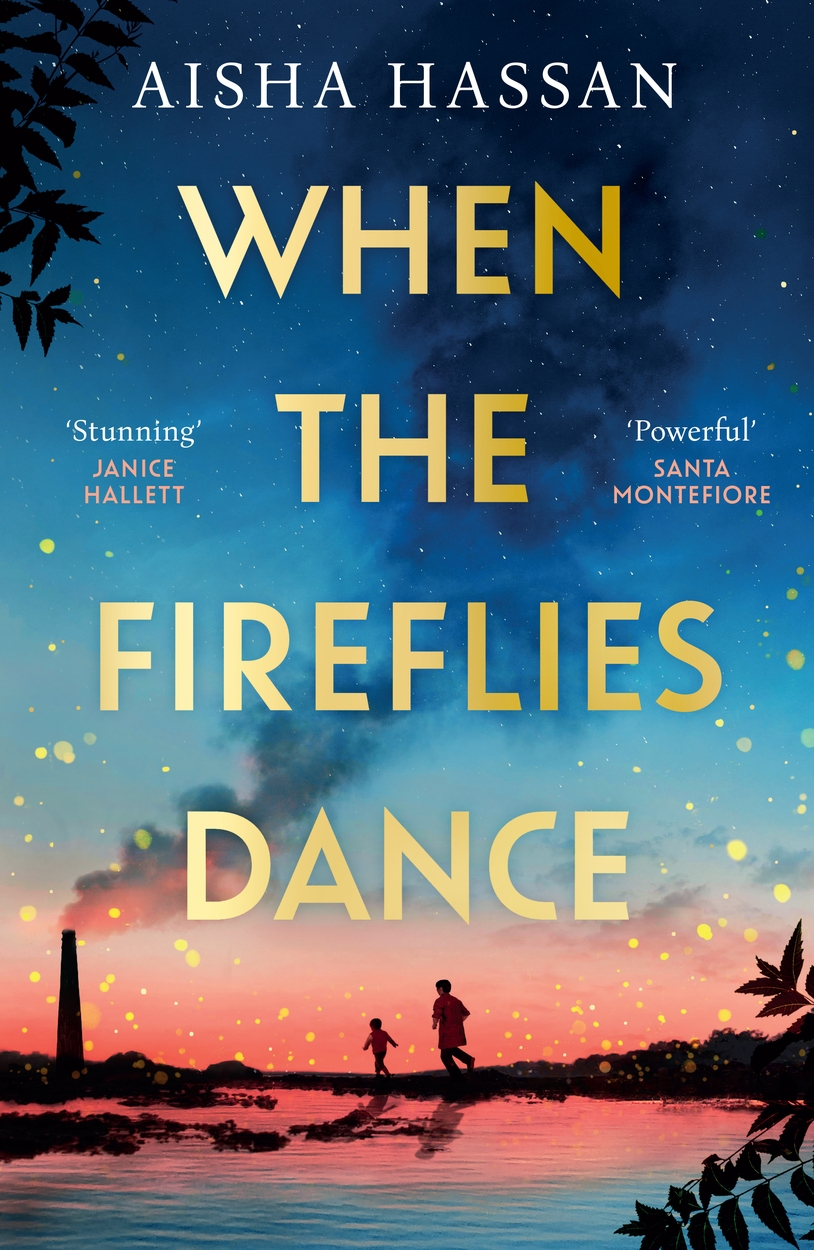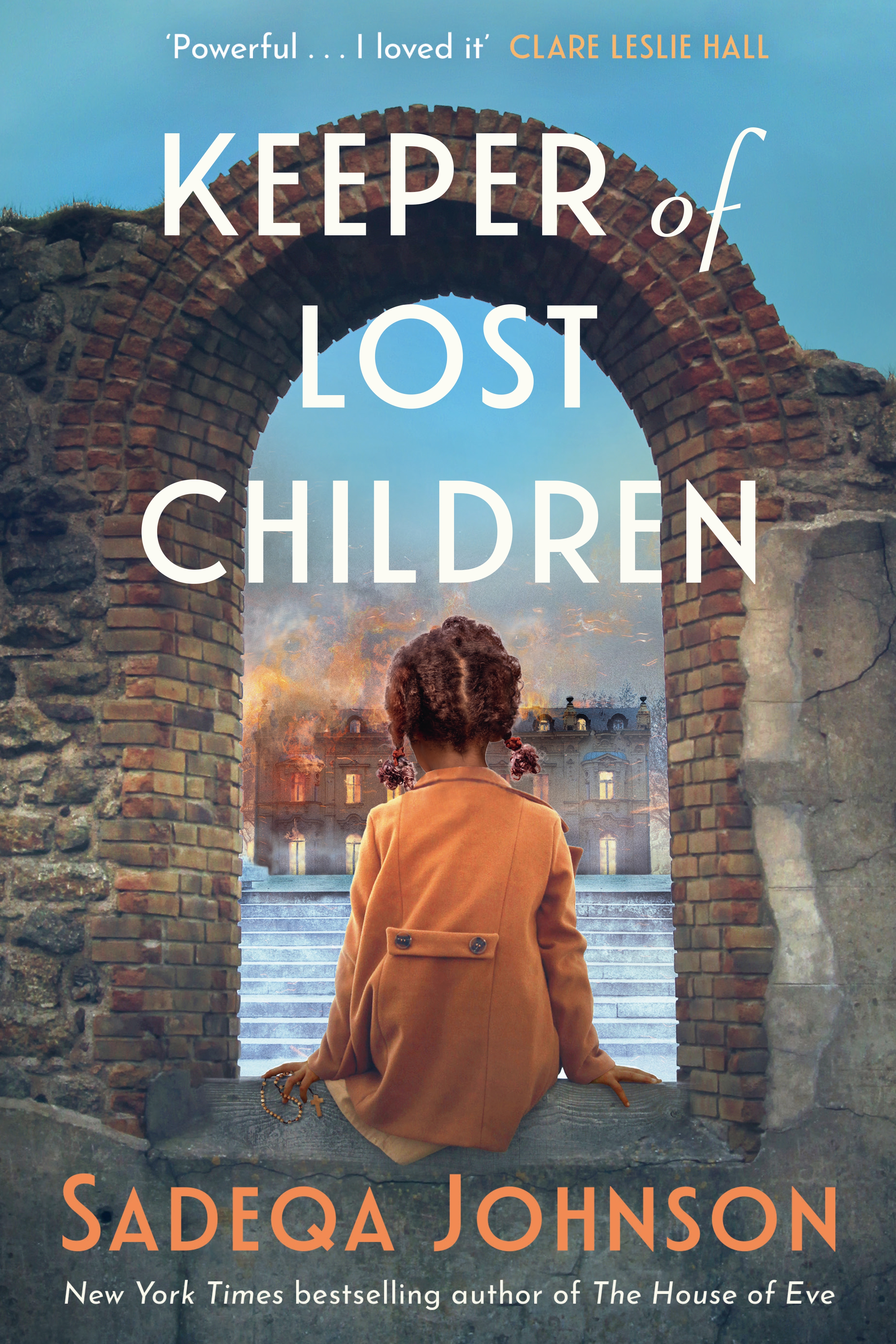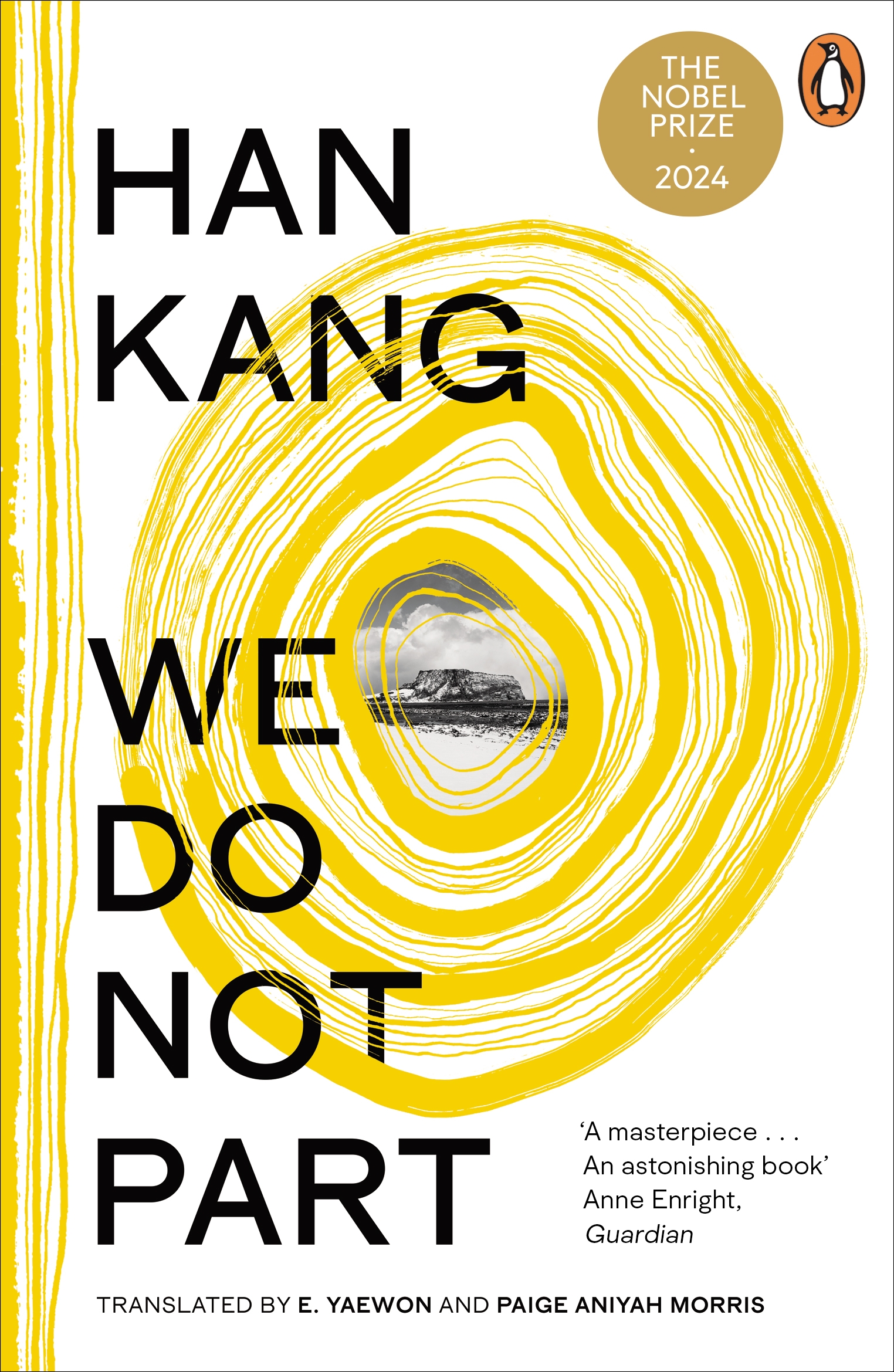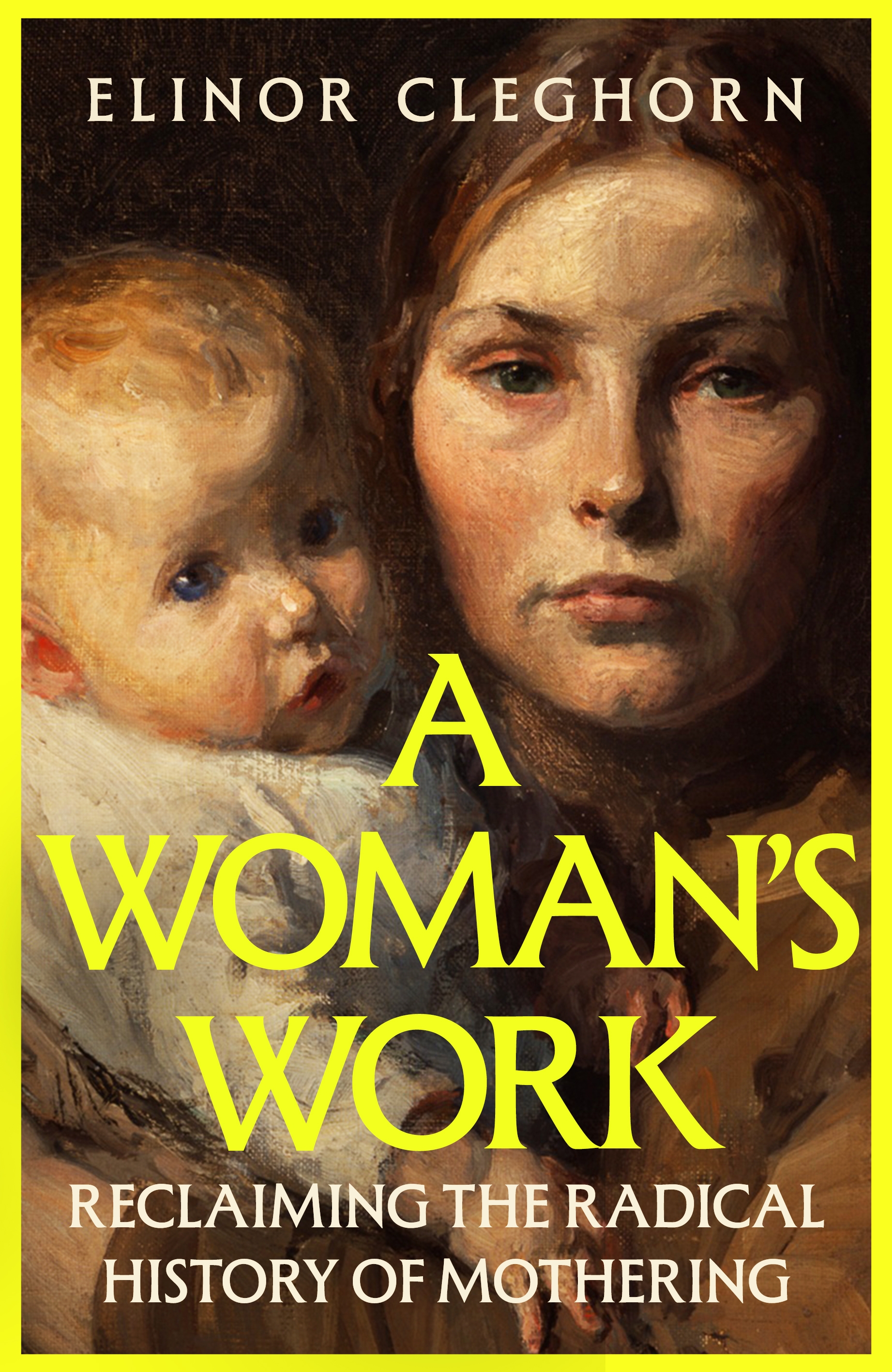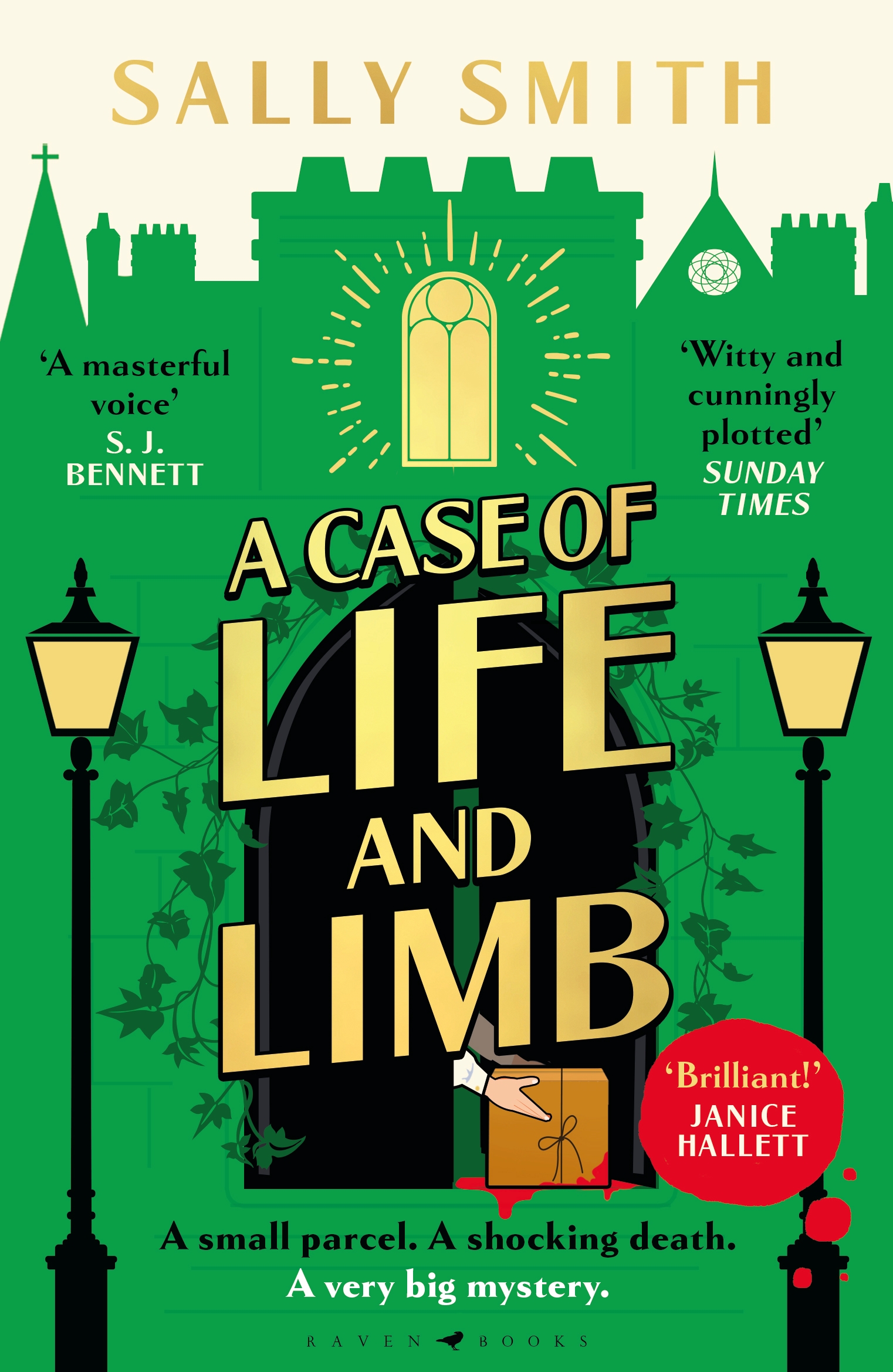The World to Come

As seen:
By Dara Horn
avg rating
1 review
I believe that when people die, they go to the same place as all the people who haven’t yet been born. That’s why it’s called the world to come, because that’s where they make the new souls for the future. And the reward when good people die is that they get to help make the people in their families who haven’t been born yet.
Extraordinary stories begin with an extraordinary moment – like when lonely divorcee Benjamin Ziskind steals a million-dollar painting during a singles’ cocktail event at a New York museum. Convinced that the painting used to hang on the wall of his family living room before his parents died, he seizes his chance in that split second to hold on to the family past in an uncertain present. So begins an awe-inspiring journey for Ben and his twin sister Sara, one that not only gives them reason to see both the painting and their parents in new and startling ways, but which also takes them to the very boundaries of life itself – in this world, and the world to come…
TweetReviews
St Just Thursday Evening Reading Group 6th February 2025.
The World to Come. Dara Horn.
This was a book which aroused very divided opinions amongst our reading group: several members disliked it, found it hard or impossible to get into, and did not persist with it. Several others said they really enjoyed it, liked the characters and the writing style and were generally very impressed with it. Amongst those who finished the book, there was a general view that re-reading it would be a good idea. It was not, we agreed, an easy book to read in any sense – it was multi-faceted, contained many strands and a labyrinthine plot, and was quite harrowing in parts as well.
The concept of stealing, from a museum, a painting which you considered to be your own family’s property, was something which interested the readers (also how it was possible to effect such a theft, in the 1970s, without triggering any sort of security alarm). The information about Chagall also fascinated us, and those who checked found it all to be accurate as well.
The group was not so sure about the section at the end of the book, which discusses what heaven is like. The idea of the unborn children being there, and their education, was interesting, as were the descriptions of people eating food which consisted of masterpieces of art. We thought that perhaps, as well as depicting a general idea of Paradise, it reflected the survivors of the Holocaust and other persecutions which the book refers to, and their journey to a ‘new world’.
An unusual book, perhaps, and one which requires quite a lot of attention from the reader – also best read in large sections, we thought, rather than half an hour at a time.
